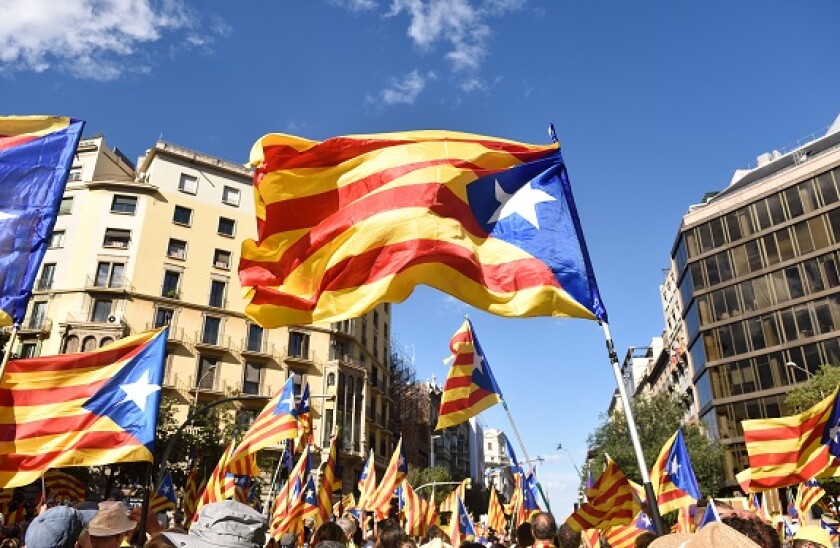Catalonia social rent decree to affect RMBS deals

A law to promote access to housing enacted in Spain’s Catalonia region risks delaying the recovery for some RMBS and non-performing loan (NPL) deals set to be affected by economic fallout from the coronavirus pandemic, DBRS said in a report on Monday.
Unlock this article.
The content you are trying to view is exclusive to our subscribers.
To unlock this article:
- ✔ 4,000 annual insights
- ✔ 700+ notes and long-form analyses
- ✔ European securitization issuance database
- ✔ Daily newsletters across markets and asset classes
- ✔ 1 weekly securitization podcast
